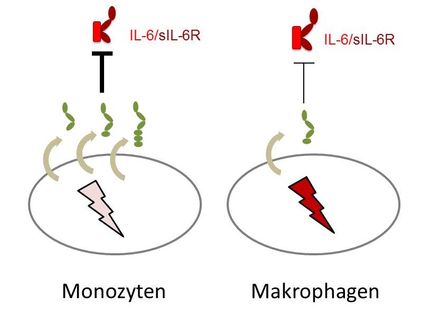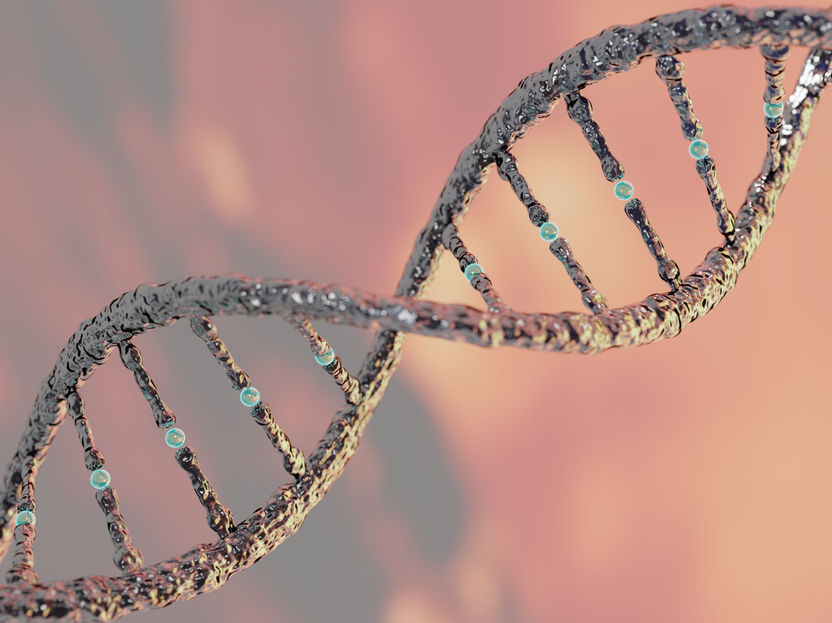Ben-Gurion University of the Negev professor awarded the 2010 Elkeles Prize for Cancer Research
Advertisement
Ben-Gurion University of the Negev (BGU) Professor Ron N. Apte has been awarded the 2010 Samuel and Paula Elkeles Prize for Outstanding Scientist in the Field of medicine. Professor Apte is chairman of the Shraga Segal Department of microbiology and immunology and vice dean of the Basic Sciences division in the BGU Faculty of Health Sciences. He is also the Irving Sklar Chair in endocrinology and Cancer and a member of the National Institute for biotechnology in the Negev.
Apte's major field of research involves inflammation in malignant processes. Approximately 15 percent of cancers are connected to inflammation, which typically result in organs where chronic inflammation has occurred. For example, patients with Inflammatory Bowel Disease (IBD) are more prone to cancer than the general population.
The pioneering studies of Apte's group demonstrated the feasibility of intervening in malignant process by neutralizing inflammatory components in the "normal" microenvironment of a tumor. They also detailed the basic concepts underlying such treatment.
Inflammatory cells affect proliferation and invasiveness of malignant cells through the secretion of cytokines, which include Interleukin-1 (IL-1), the molecule that has been studied for years by Apte's group. The group has demonstrated the involvement of IL-1-mediated inflammation in tumor invasiveness and metastasis. IL-1 causes tumor expansion because it suppresses the immune system and nourishes a tumor's blood vessels. Apte's group treated tumor-bearing mice with a specific inhibitor of IL-1, known as the IL-1 receptor antagonist (IL-Ra), and succeeded in weakening the tumor's invasiveness.
IL-Ra, in its generic form Anakirna, is a medication that efficiently alleviates symptoms of patients suffering from rheumatoid arthritis, a chronic inflammatory disease.
Most read news
Topics
Organizations
Other news from the department people

Get the life science industry in your inbox
By submitting this form you agree that LUMITOS AG will send you the newsletter(s) selected above by email. Your data will not be passed on to third parties. Your data will be stored and processed in accordance with our data protection regulations. LUMITOS may contact you by email for the purpose of advertising or market and opinion surveys. You can revoke your consent at any time without giving reasons to LUMITOS AG, Ernst-Augustin-Str. 2, 12489 Berlin, Germany or by e-mail at revoke@lumitos.com with effect for the future. In addition, each email contains a link to unsubscribe from the corresponding newsletter.


























































